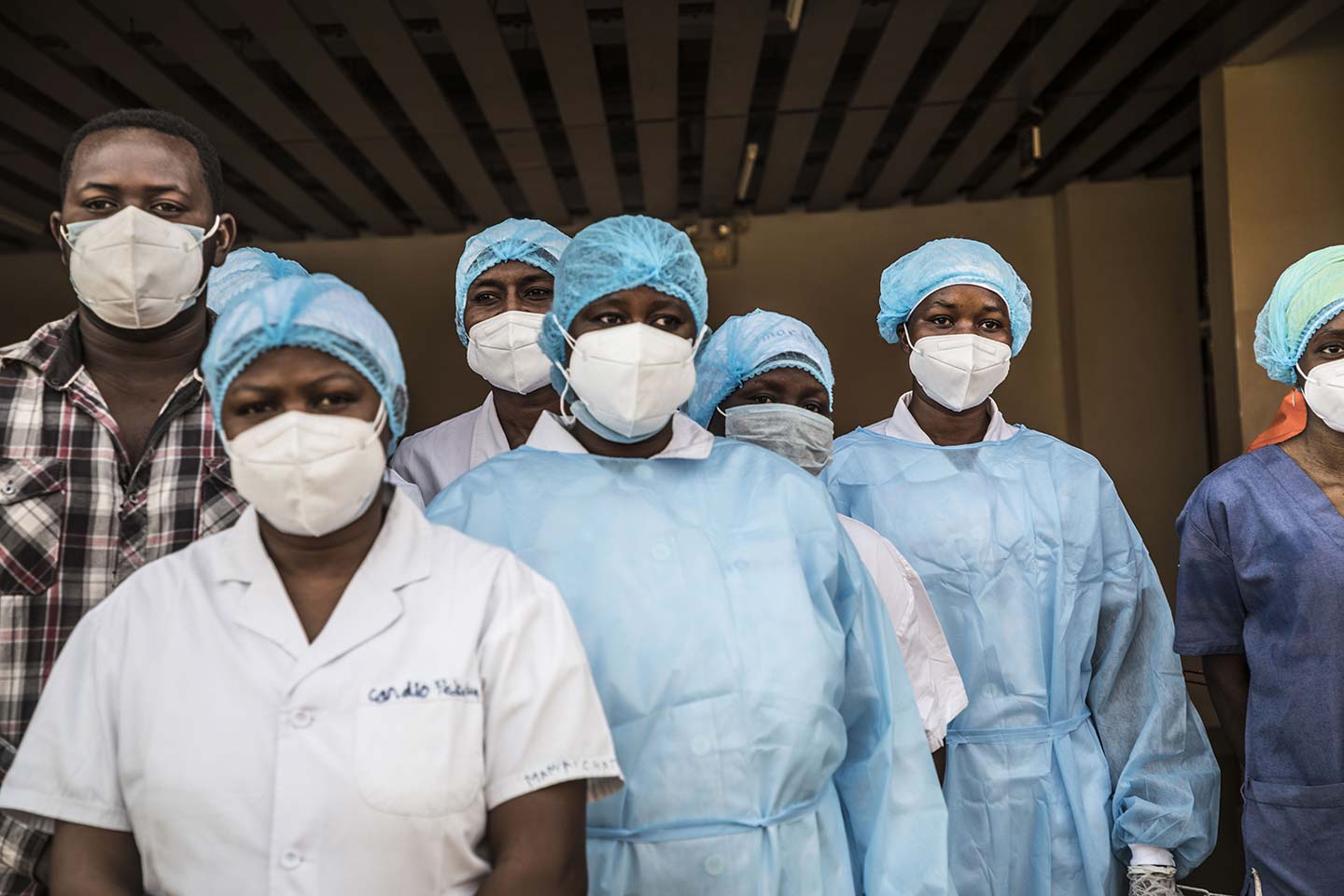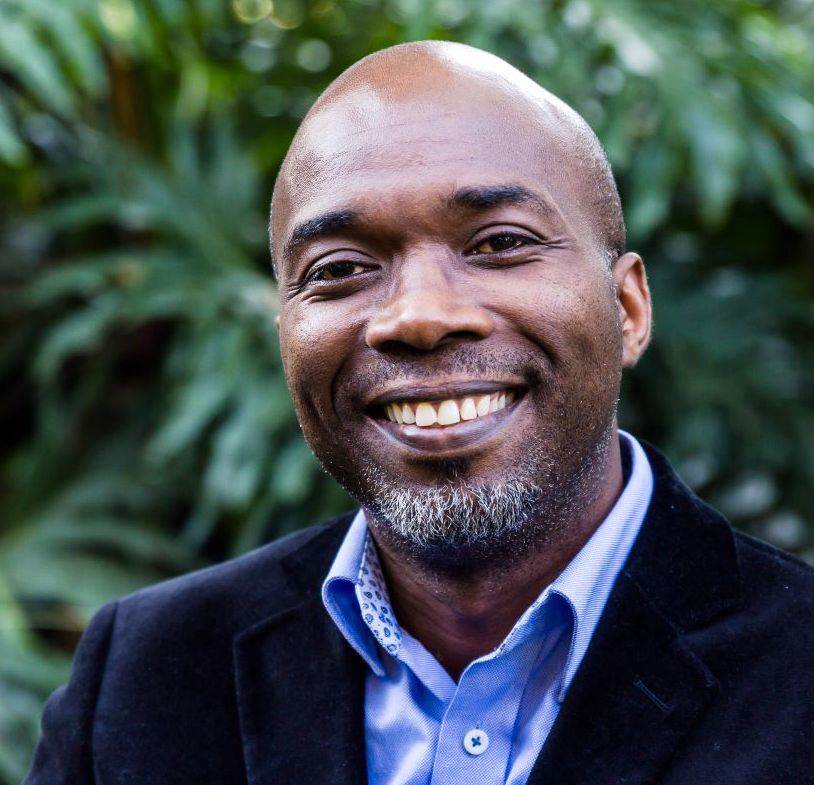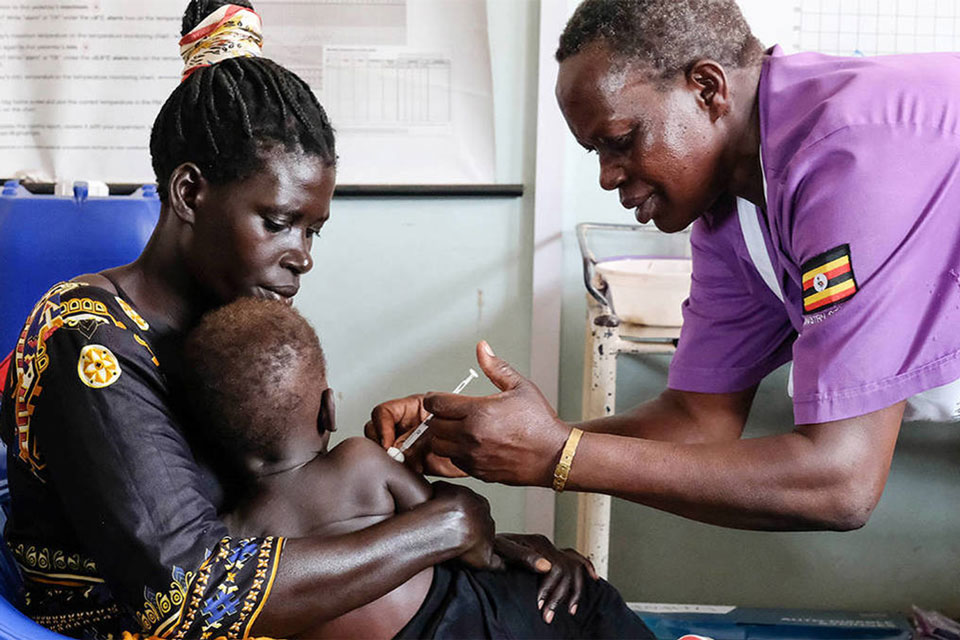Overcoming the COVID-19 Disruption to Essential Health Services
It is clear that COVID-19 will persist much longer than anticipated. If countries do not take action soon to ensure the continuity of essential health services during the pandemic, the future death toll from communicable and noncommunicable diseases will be unacceptably high.
- 30 October 2020
- 5 min read
- by Project Syndicate

KIGALI – Health-care delivery in nearly every country has been disrupted by policymakers’ mistaken initial assumption that health systems would quickly win the fight against COVID-19. As the pandemic’s caseload and death toll are increasing daily, it is often stalling or reversing hard-won progress on minimizing the impact of other diseases, from diabetes to malaria.
At the start of the pandemic, many policymakers and health leaders considered a relatively short disruption of essential health services acceptable, but it is now clear that COVID-19 will persist much longer than anticipated. Countries can no longer postpone the delivery of crucial health services. Without immediate action to ensure their continuity, the future death toll from communicable and non-communicable diseases will be unacceptably high.
In a grim recent assessment of the global costs of the COVID-19 crisis, the Bill & Melinda Gates Foundation reported that in 25 weeks, the pandemic had set the world back about 25 years in terms of vaccine coverage – a good proxy for how health systems are functioning overall. Clearly, now is the time to make sure that essential health services are not left behind.
This will require dedicated funding, innovative approaches, and decentralized services to reach the world’s sickest and poorest communities. Policymakers should reallocate funds in national budgets and form partnerships with private investors to marshal the necessary resources. It is also crucial to establish domestic and global solidarity funds, similar to The Global Fund to Fight Aids, Tuberculosis, and Malaria. Creating such dedicated funds could help countries and multilateral institutions maintain the continuity of essential health services, thereby strengthening health-care systems and national economies in the long term.
Even before the pandemic, it was estimated that at least half of the world’s 7.8 billion people lacked access to essential health services. Globally, six million children and adolescents, and 2.8 million pregnant women and newborns, die from preventable or treatable diseases annually. COVID-19 has increased these numbers and eroded access to health care.
Global health experts have long been aware of the disruptions a protracted emergency would cause for health services. In 2018, the World Health Organization defined an essential package of services that should be available without user fees during an extended crisis. These include maternal and neonatal health care as well as treatment for communicable and non-communicable diseases, mental health, and neglected tropical diseases.
Several challenges to delivering this package stand out. First, services for non-communicable diseases have decreased significantly. Of the 155 countries surveyed by the WHO, 53% reported a partial or total disruption of treatment services for hypertension, 49% for diabetes, 42% for cancer, and 31% for cardiovascular emergencies.
Have you read?
HIV and tuberculosis (TB) testing and treatment is also being affected. South Africa is among the countries most affected by these diseases. During the country’s lockdown, declines in TB testing led to a 33% decline in diagnoses. The number of TB and HIV patients collecting their medications on schedule has also fallen. Weaker adherence will ultimately lead to an increase in drug resistance, therapeutic failure, and higher treatment costs.
And yet other countries, including Rwanda, New Zealand, and Taiwan, have demonstrated remarkable success in ensuring the continuity of essential health services. In Taiwan, for example, low-cost universal health-care coverage has continued throughout the pandemic, and Rwanda has continued operating a new radiotherapy center for cancer treatment.
In Sierra Leone, where one in 17 mothers has a lifetime risk of death associated with childbirth, the Koidu Government Hospital in the Kono District is working with Partners In Health, a global nonprofit organization, on a mass communications campaign that reminds pregnant women to use maternity services. After a steep fall-off in prenatal visits, women are once more using these services.
Clinics in Sub-Saharan Africa are also innovating to continue the monitoring and treatment of the region’s 19 million diabetes patients during the pandemic. The Society of Endocrinology and Metabolism of Cameroon, for example, developed ten “golden rules” for COVID-19 and diabetes management, including information on exercise during confinement. Diabetes clinics have also introduced teleconsulting to limit the need for outpatient visits.
Furthermore, some countries are seeking innovative ways of ensuring care delivery. For example, Rwanda is using drones to distribute medication to cancer patients and robots to monitor COVID-19 patients’ vital signs and prevent hospital-acquired infections. Technological solutions may not always be cheap, but the gains can outweigh the financial outlay.
To achieve similar outcomes, many countries urgently need to overhaul their health-care allocation and delivery systems. Where possible, COVID-19 testing and treatment centers should integrate the provision of essential health services, including screening for conditions such as high-risk pregnancies and chronic diseases.
Moreover, decentralizing health services could strengthen systemic readiness and limit disruption. This will require training an expanded corps of community health workers, including heads of households, teachers, faith leaders, and traditional healers. In Liberia, for example, trained community health assistants play a central role in the COVID-19 response, while still delivering essential services.
Clearly, the disruptions to health-care systems caused by COVID-19 can be overcome. Crucially, countries need to reassess their delivery strategies and make targeted investments in essential health services. Doing so will strengthen their resilience against similar health crises in the future.
Author
 |
Anatole Manzi, Deputy Chief Medical Officer in charge of Clinical Quality and Health Systems Strengthening at Partners In Health, is an assistant professor at the University of Global Health Equity in Rwanda and a 2020 Aspen New Voices Fellow. |
Copyright: Project Syndicate, 2019. www.project-syndicate.org
Original article
This article was first published by Project Syndicate on 8 October 2020.









